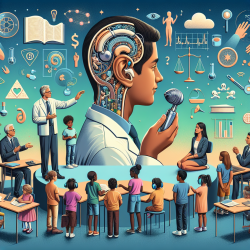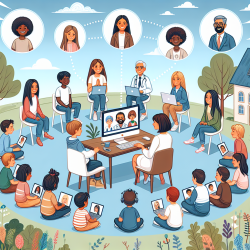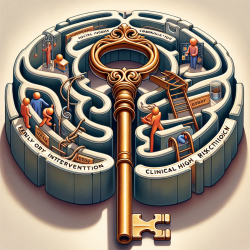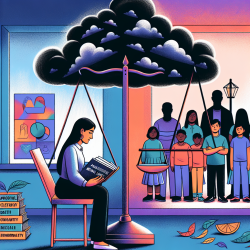Introduction
In recent years, Canada has been navigating the complexities of deemed consent legislation (DCL) for organ donation. This legislative approach, which assumes consent for organ donation unless individuals opt out, aims to address the organ shortage crisis. However, as highlighted in the research article "The rights and interests of First Nations, Métis, and Inuit in debates over deemed consent legislation for deceased organ donation in Canada: calls to action," this legislation intersects with Indigenous rights and healthcare equity. This blog explores how practitioners can leverage these insights to improve their skills and foster meaningful engagement with Indigenous communities.
The Intersection of Deemed Consent and Indigenous Rights
Deemed consent legislation is a significant shift in organ donation policy. While it aims to increase donor rates, it poses unique challenges and opportunities concerning Indigenous rights. The research underscores the importance of consulting Indigenous communities, as their rights and interests are directly impacted by such legislation. Practitioners must recognize that Indigenous peoples are not merely stakeholders but rights holders with constitutionally protected rights.
Key Insights for Practitioners
- Engagement and Consultation: Practitioners should advocate for and participate in meaningful consultations with Indigenous communities. This involves understanding their perspectives and ensuring their voices are integral to policy development.
- Cultural Competency: Building cultural competency is crucial. Practitioners must educate themselves on the cultural values and historical contexts that influence Indigenous perspectives on organ donation.
- Data-Driven Approaches: Collecting and analyzing data on Indigenous participation in organ donation and transplantation is vital. This can help identify disparities and inform strategies to address them.
Calls to Action
The research paper outlines several calls to action that practitioners and policymakers can implement:
- Invest in Indigenous-led decision-making bodies for organ donation and transplantation.
- Develop culturally appropriate public education strategies about organ donation systems.
- Ensure data sovereignty by partnering with Indigenous leaders to design data collection strategies that respect Indigenous identities.
- Invest in cultural safety training for healthcare providers involved in organ donation and transplantation.
Encouraging Further Research
While the current research provides a foundational understanding, there is a need for further exploration into the nuances of Indigenous perspectives on organ donation. Practitioners are encouraged to engage in or support research that examines these perspectives and identifies effective strategies for enhancing Indigenous participation in organ donation systems.
Conclusion
Deemed consent legislation presents both challenges and opportunities for improving healthcare outcomes among Indigenous communities. By prioritizing meaningful engagement, cultural competency, and data-driven approaches, practitioners can contribute to a more equitable healthcare system. For those interested in delving deeper into the research, The rights and interests of First Nations, Métis, and Inuit in debates over deemed consent legislation for deceased organ donation in Canada: calls to action offers valuable insights.










